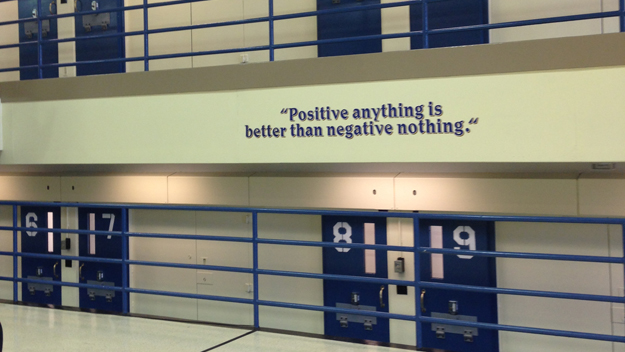NYC to eliminate bail for non-violent suspects
New York City officials plan to eliminate bail for thousands of non-violent suspects, placing them instead into a supervised program that includes text message reminders, therapy, and daily check-ins.
“There is a very real human cost to how our criminal justice system treats people while they wait for trial”, said Mayor Bill de Blasio.
“This is unacceptable. If people can be safely supervised in the community, they should be allowed to remain there regardless of their ability to pay”, the mayor added.
It was not clear when the program, predominantly funded through asset forfeiture from the Manhattan District Attorney’s office, would take effect. De Blasio’s effort would expand the city’s initiative to address those accused of more serious, but non-violent felonies.
On Wednesday, the city initiated the bidding processes for non-profit organizations to run the supervised release program.
In many states such as Arizona, Kentucky and New Jersey and Chicago, defendants are released based on “risk-assessment tools”. That tool is still being developed. Depending on the determined level of supervision, defendants may have to check in physically or by phone.
But supporters say that risk already exists and the new plan would also give relief to a costly jail system that is bursting at the seams, Brennan reported. And while the pilot program is just hitting NYC, other cities have seen that 87 percent of those on supervised release return to court when scheduled.
According to the city, about 45,000 people, or 14 percent of all people who come through New York City courts, are detained on bail at arraignment. And bail bonds companies are less likely to help defendants with lower bails as there is less money it for them. Fifty percent of defendants with a cash bail were unable to pay and remained behind bars until the time of their trial.
But in New York, unlike most states, efforts to fully do away with bail are complicated by state law, which requires judges to consider defendants’ risk of flight, not their risk of reoffending, when determining bail conditions.
“This is a huge step forward for justice in New York City”, said Cherise Fanno Burdeen, executive director of the Pretrial Justice Institute. “We want to focus on risk to be the determining factor to decide if someone will be in or out; and it has to be risk, not money”.
The charges were eventually dropped and he was freed, but Browder committed suicide last month. At age 16, Kalief Browder was wrongly accused of stealing a backpack and unable to make the $3,000 bail. Browder never went to trial and was not found guilty of any charges before he was released. Browder was imprisoned for three years at the complex, much of which was spent enduring abuse from inmates and guards.
The plan was widely praised by everyone from law enforcement officials to criminal justice reform advocates.








